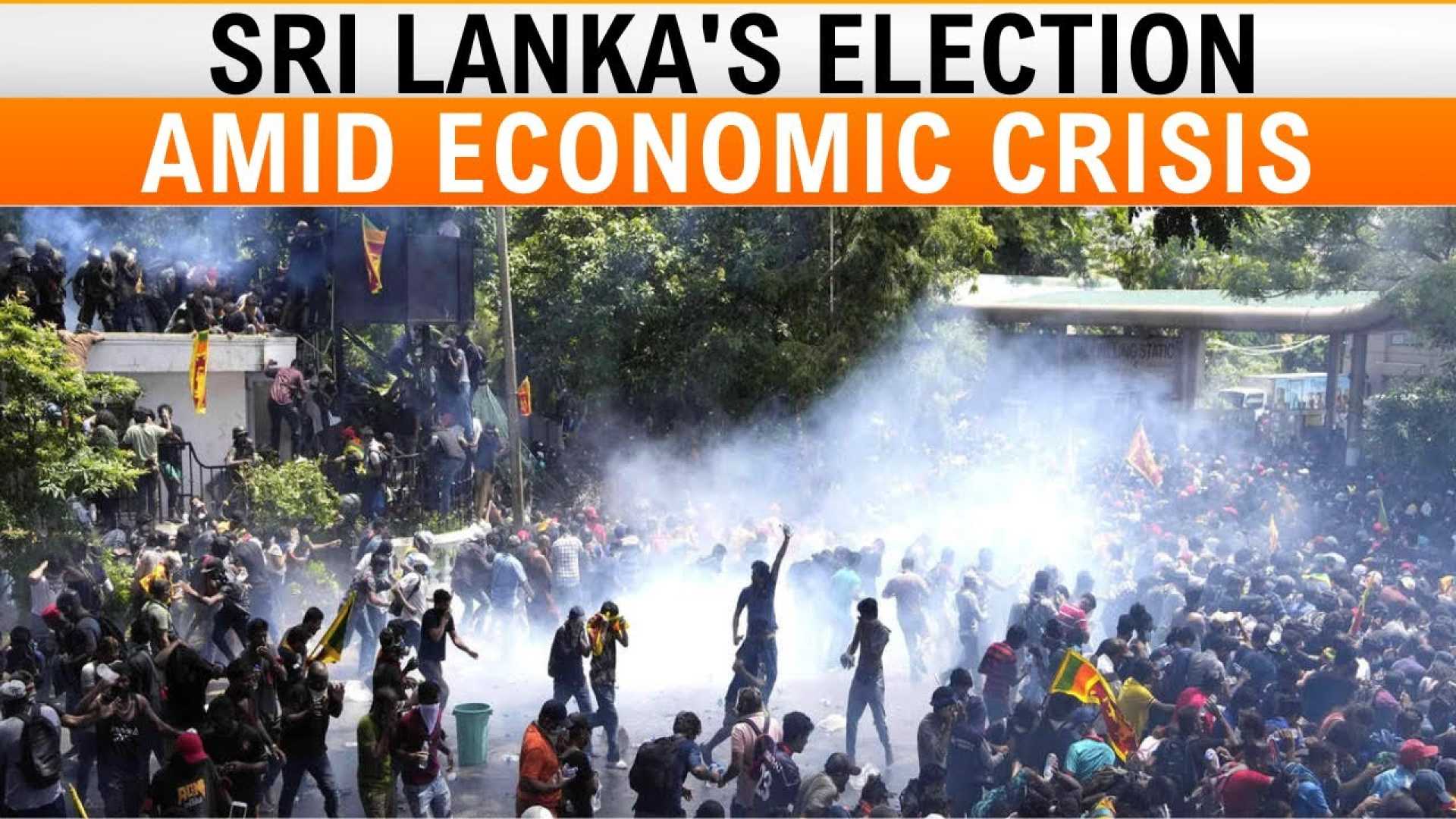News
Sri Lanka Presidential Election: A Pivotal Moment Amid Economic Turmoil

Polling has closed in Sri Lanka’s presidential election, marking a significant moment for the nation as it seeks to recover from its worst financial crisis. This election comes after mass protests unseated the country’s leader in 2022, leaving a vacuum filled by interim President Ranil Wickremesinghe, who is also a candidate in this election. The outcome is widely perceived as a referendum on economic reforms implemented to stabilize the country after financial turmoil.
Since the collapse, many citizens have struggled to make ends meet due to tax hikes and reductions in subsidies and welfare programs. Analysts suggest that economic issues are likely to dominate voters’ concerns, making the race extremely competitive. Counting of postal votes began at 17:00 local time (11:30 GMT), and final results are expected by Sunday morning.
“The country’s soaring inflation, skyrocketing cost-of-living, and poverty have left the electorate desperate for solutions to stabilize prices and improve livelihoods,” said Soumya Bhowmick, an associate fellow at the Observer Research Foundation, in an interview with the BBC.
Wickremesinghe, appointed by parliament after former President Gotabaya Rajapaksa fled the country amid protests, seeks to continue his leadership. However, he faces criticism for his handling of the protest movement and accusations of protecting the Rajapaksa family from prosecution—allegations he denies.
Among other prominent candidates is leftist politician Anura Kumara Dissanayake, known for his strong anti-corruption stance. Sajith Premadasa, the opposition leader, and Namal Rajapaksa, nephew to the ousted president, are also in the race. With more than three dozen candidates, four have emerged as leading contenders.
The uprising that dethroned Gotabaya Rajapaksa was initiated by an economic downturn, attributed to under-taxation, weak exports, policy errors, and the pandemic, which depleted foreign reserves. Public debt exceeded $83 billion, with inflation peaking at 70%. Essential goods became scarce, sparking widespread discontent and demands for Rajapaksa’s resignation, culminating in the dramatic takeover of the presidential palace on July 13, 2022.
Under Wickremesinghe’s interim government, severe austerity measures were imposed. While these reduced inflation and strengthened the currency, many Sri Lankans continue to face hardship. “Jobs are the hardest thing to find,” said Yeshan Jayalath, a 32-year-old with an accounting degree who has struggled to find permanent employment.
Norbet Fernando, who had to close his roof tile factory, cited tripled costs for raw materials as a challenge. Many businesses haven’t rebounded to pre-crisis levels despite improvements seen in 2024, says central bank data.
The electoral process allows voters to rank up to three candidates by preference. If no one receives an outright majority, second and third preferences will be considered—a process never before reached in a Sri Lankan presidential election. “Opinion polls suggest, for the first time, we may see a winner who lacks a majority from first-preference votes,” stated Alan Keenan from the International Crisis Group.
The tightly contested election, which some predict could result in Sri Lanka’s first Marxist head of state with Anura Kumara Dissanayake possibly leading, is being closely watched as the country navigates its path to recovery.












